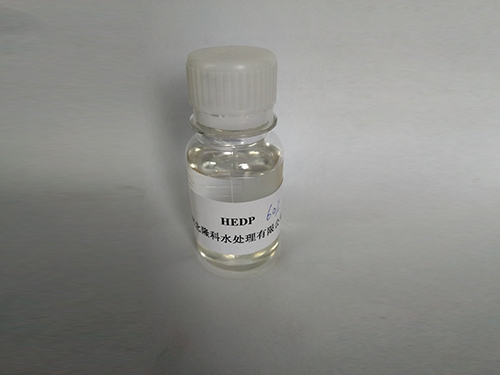Exploring the Role of Flocculation Chemicals in Water Treatment and Wastewater Management Techniques
Flocculation Chemicals An Overview
Flocculation is a crucial process widely utilized in various industries, particularly in water treatment, wastewater management, and the food and beverage sector. This process involves the aggregation of fine particulates into a floc, enabling their subsequent removal from a liquid medium. Flocculation is primarily achieved through the addition of chemical agents known as flocculation chemicals, which facilitate the binding of suspended particles, enhancing the efficiency of separation processes.
Flocculation chemicals can be categorized into several types, including inorganic coagulants, organic polymers, and biopolymers.
Inorganic Coagulants
Inorganic coagulants, such as aluminum sulfate (alum), ferric chloride, and polyaluminum chloride, are extensively used due to their effectiveness and cost-efficiency. When added to water, these coagulants dissociate into positively charged ions, which neutralize the negative charge of suspended particles. This charge neutralization allows particles to come together and form larger aggregates or flocs, which can then be easily removed by sedimentation or filtration. For instance, alum has a long-standing history in municipal water treatment, effectively removing turbidity and microorganisms, thereby improving water quality.
Organic Polymers
Organic polymers, including polyacrylamides and a range of synthetic polymers, are another category of flocculation chemicals noted for their high performance. These polymers can be cationic, anionic, or nonionic, depending on their chemical structure and application. Cationic polymers, in particular, are effective in positively charging diluted suspensions, while anionic polymers can assist in the aggregation of positively charged particles. The effectiveness of organic polymers can be attributed to their ability to bridge multiple particles, forming larger and denser flocs. This characteristic makes them particularly valuable in treating wastewater from industries like oil and gas, paper mills, and textile manufacturing, where complex mixtures often require tailored solutions.
flocculation chemicals

Biopolymers
Biopolymers, primarily derived from natural sources, are gaining popularity as environmentally friendly alternatives to synthetic flocculants. Substances such as chitosan, starch-based polymers, and guar gum represent this category. Biopolymers are often biodegradable and non-toxic, making them suitable for applications where environmental impact is a concern. Research is ongoing to enhance their efficacy and extend their applications across various industries while maintaining sustainability.
Applications of Flocculation Chemicals
The primary application of flocculation chemicals is in water and wastewater treatment. By using these chemicals, treatment facilities can efficiently remove particulates, preventing clogging and improving the overall quality of treated water. Apart from wastewater treatment, flocculation is essential in the food and beverage industry, particularly in beer and wine production, where it helps clarify liquids by removing yeast and other particulates.
In the mining industry, flocculation chemicals are employed to manage the slurry produced during ore processing. They aid in the separation of valuable minerals from waste materials, significantly enhancing recovery rates while minimizing environmental impact.
Conclusion
Flocculation chemicals play an indispensable role in modern water treatment and industrial processes. By facilitating the aggregation of suspended particles, these chemicals enhance the efficiency of separation technologies, promoting cleaner and safer water. With a growing emphasis on sustainable practices, the development and usage of eco-friendly flocculation chemicals, including biopolymers, are likely to expand. As industries continue to seek effective solutions for managing water and waste, the evolution of flocculation technology will remain a critical area of focus, ensuring both environmental protection and resource recovery.
-
Pbtc Scale InhibitorPBTC: A Scale Protector for Industrial Water TreatmentNewsAug.05,2025
-
Organic Phosphonate: An Efficient Defender in the Field of Scale InhibitionNewsAug.05,2025
-
Hydrolyzed Polymaleic Anhydride: Green Pioneer in Scale Inhibition FieldNewsAug.05,2025
-
PAPEMP Polyamino Polyether Methylene Phosphonic Acid For SaleNewsAug.05,2025
-
Flocculant Water Treatment: A Pioneer in Purification in the Field of Water TreatmentNewsAug.05,2025
-
Benzyl Isothiazolinone: An Efficient and Broad-Spectrum Antibacterial Protective GuardNewsAug.05,2025





